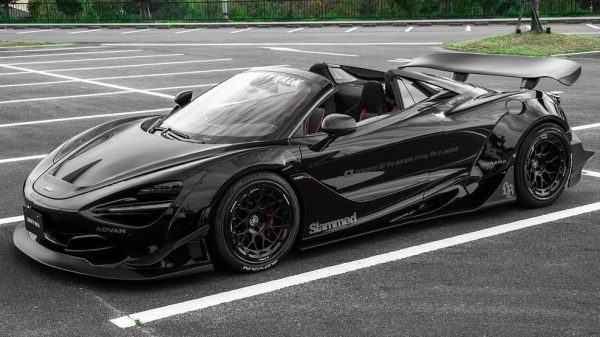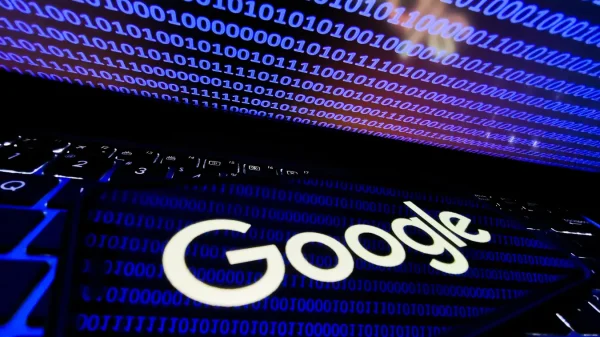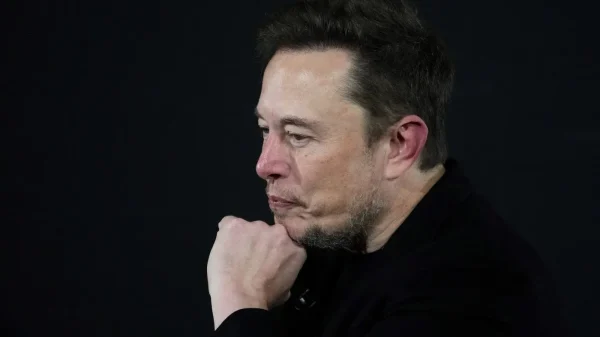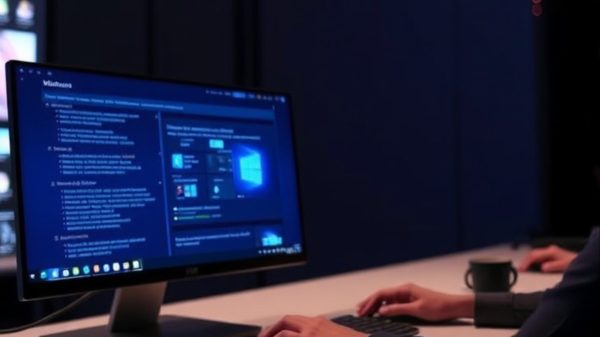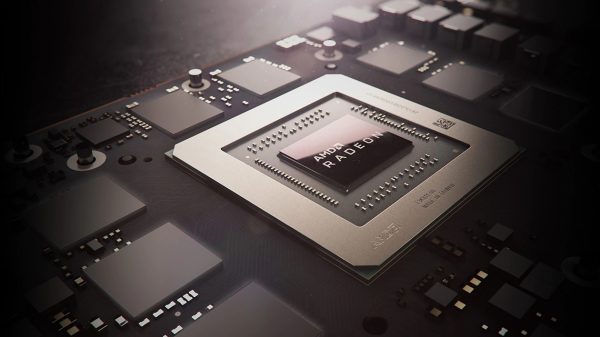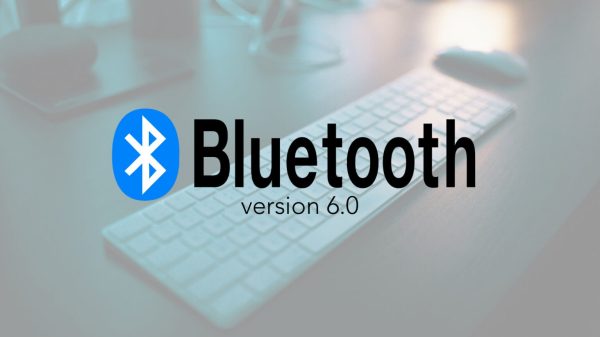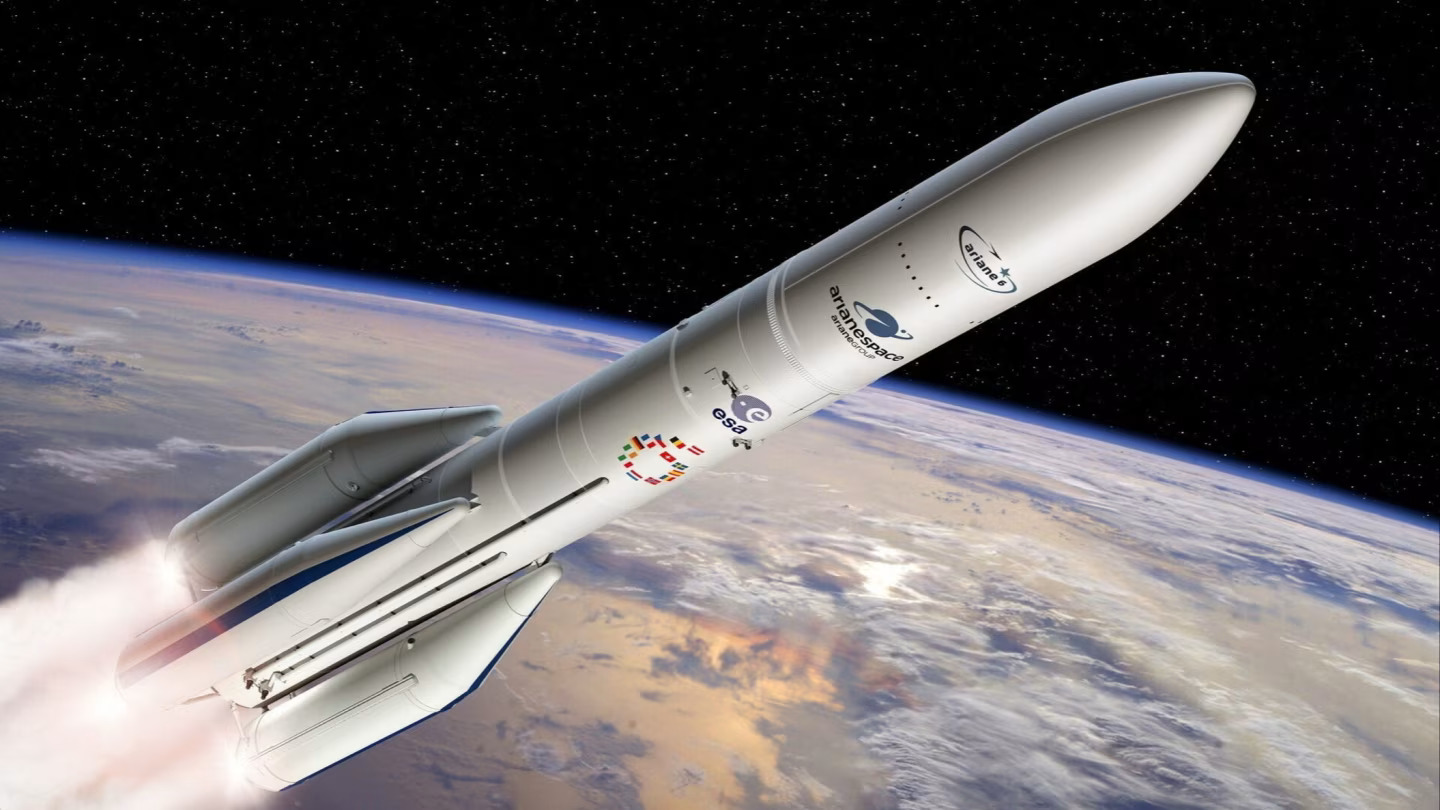The European Council called on EU member states to enhance their defense capabilities to achieve “strategic autonomy” as early as December 2013. This concept has been a recurring theme, officially incorporated into the EU’s Global Strategy in 2016, promoted by France in 2020, and prominently featured in Ursula von der Leyen’s 2023 State of the European Union speech.
According to Frances G. Burwell of the Atlantic Council’s Europe Center, von der Leyen’s EU aims to build resilience against external challenges, secure borders, and bolster the economy.
Despite these aspirations, Europe’s reliance on the United States for space technology remains significant. Europe, though a leader in various space technology areas due to its tradition of scientific inquiry and innovation, lacks mature satellite launch capabilities comparable to the US.
European commercial satellite operators depend on US companies like SpaceX to launch their hardware, including critical projects like the Galileo navigation satellites.
This reliance is underscored by the upcoming launch of the European Space Agency’s (ESA) Hera probe on a Falcon 9 rocket. This dependence on US launch services highlights the gap between Europe’s strategic autonomy goals and its current capabilities in the vital space sector. Europe’s aspiration for independent space access is still a distant dream, but steps are being taken to address this issue.
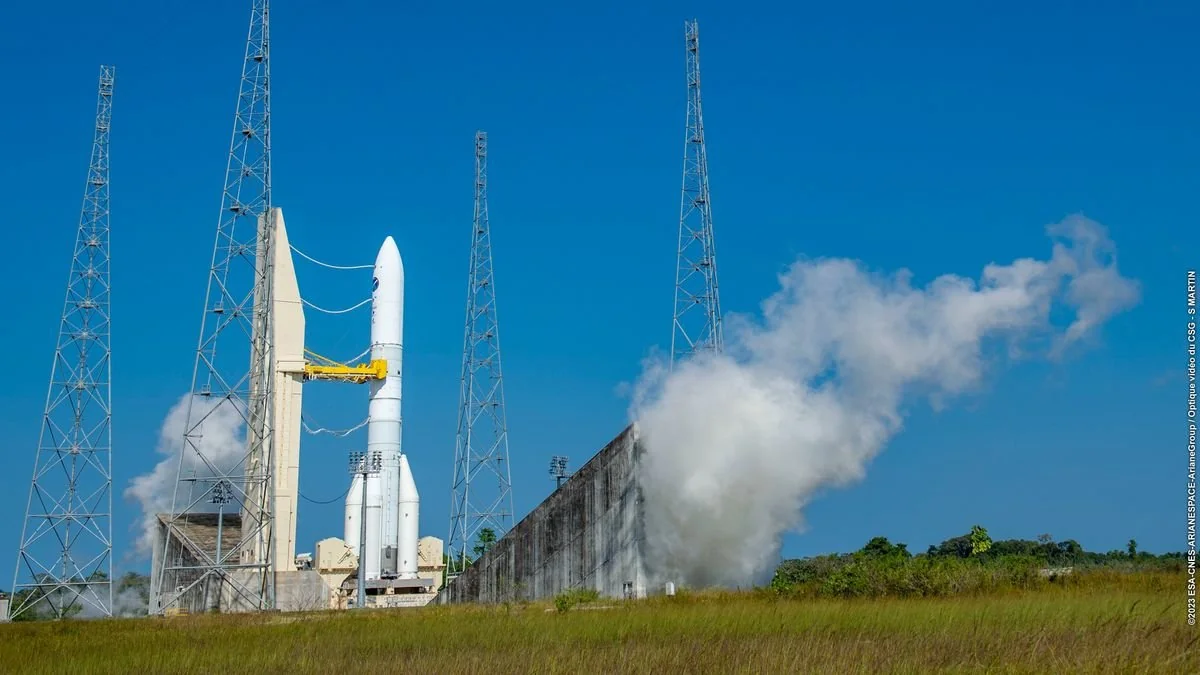
EU Strives for Strategic Autonomy Amid Heavy Reliance on US Space Technology
Europe does have its own launch systems, such as the Ariane 6, scheduled to launch on July 9. Ariane 6 is designed to be more cost-effective than its predecessor, capable of delivering diverse payloads to various orbits.
This is a crucial step towards European independence in satellite launches, supporting key missions like Galileo and the Copernicus Earth observation program. ESA Director General Josef Aschbacher emphasized the importance of getting Ariane 6 operational.
However, even with its reduced costs, Ariane 6 is still expensive compared to SpaceX’s Falcon 9. The high costs and limited budgets pose challenges to Europe’s launch capabilities.
One proposed solution is to reform the ESA’s policy of “geopolitical return,” which currently repays member states’ investments in industrial contracts. This policy can create inefficiencies and stifle competition, unlike the US approach of fostering private sector competition for contracts.
Encouraging competition within the European space sector could drive down costs and increase efficiency, accelerating progress towards strategic autonomy.
The US model, where competition is encouraged among private companies, has proven effective in integrating private-sector technology into military operations. Europe needs to create conditions that harness its space tech talent fully, fostering a competitive commercial environment to achieve its geopolitical independence goals.





